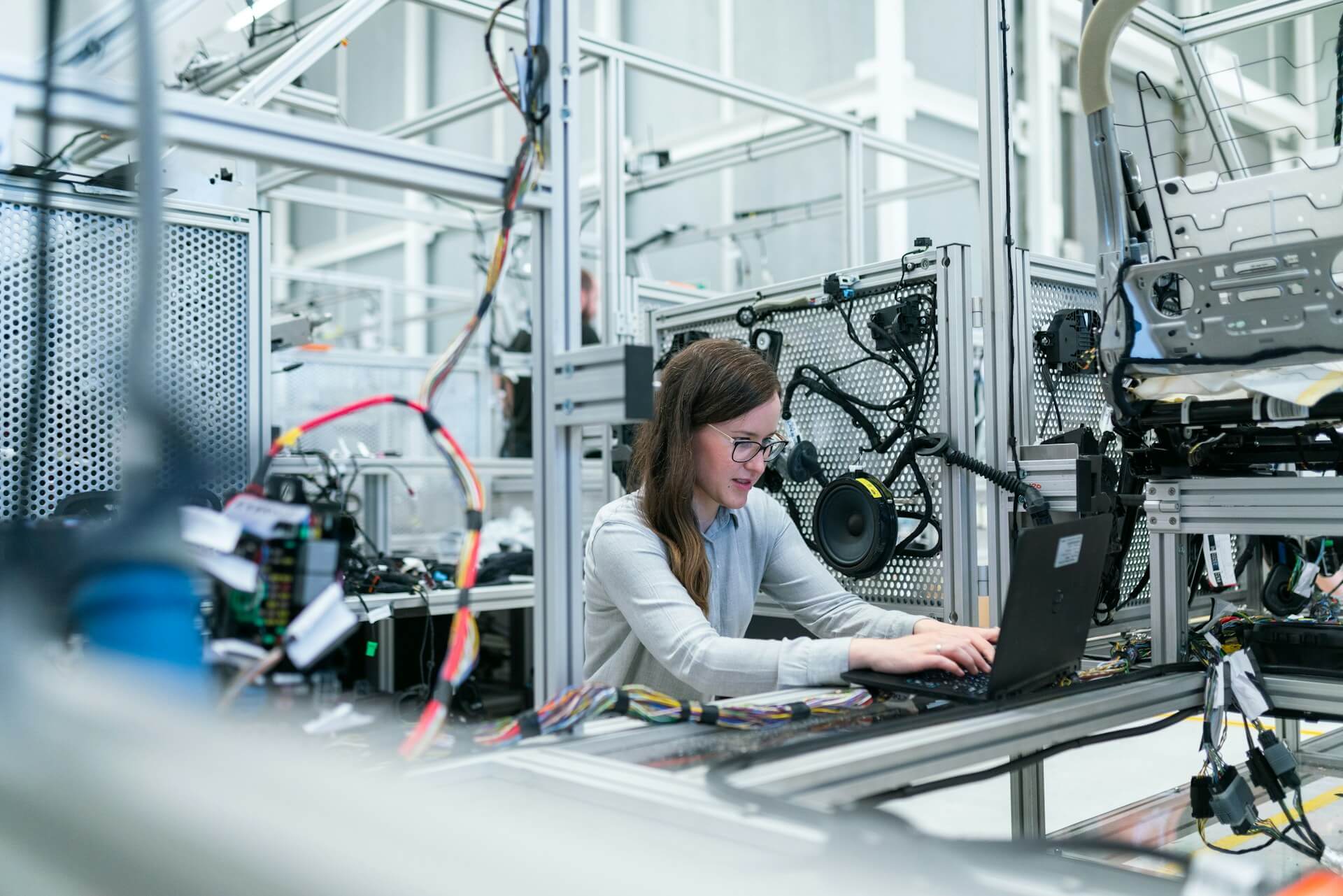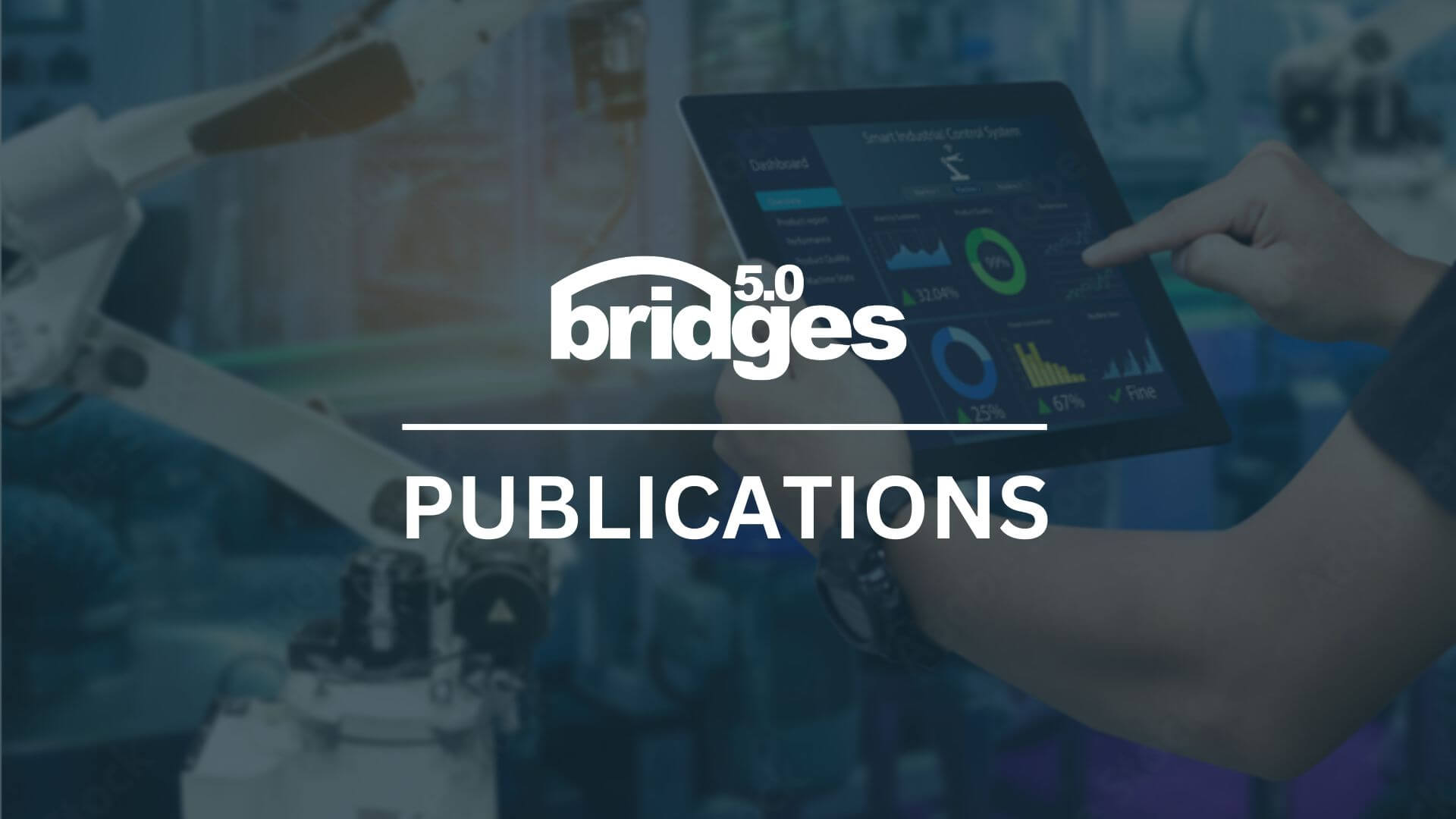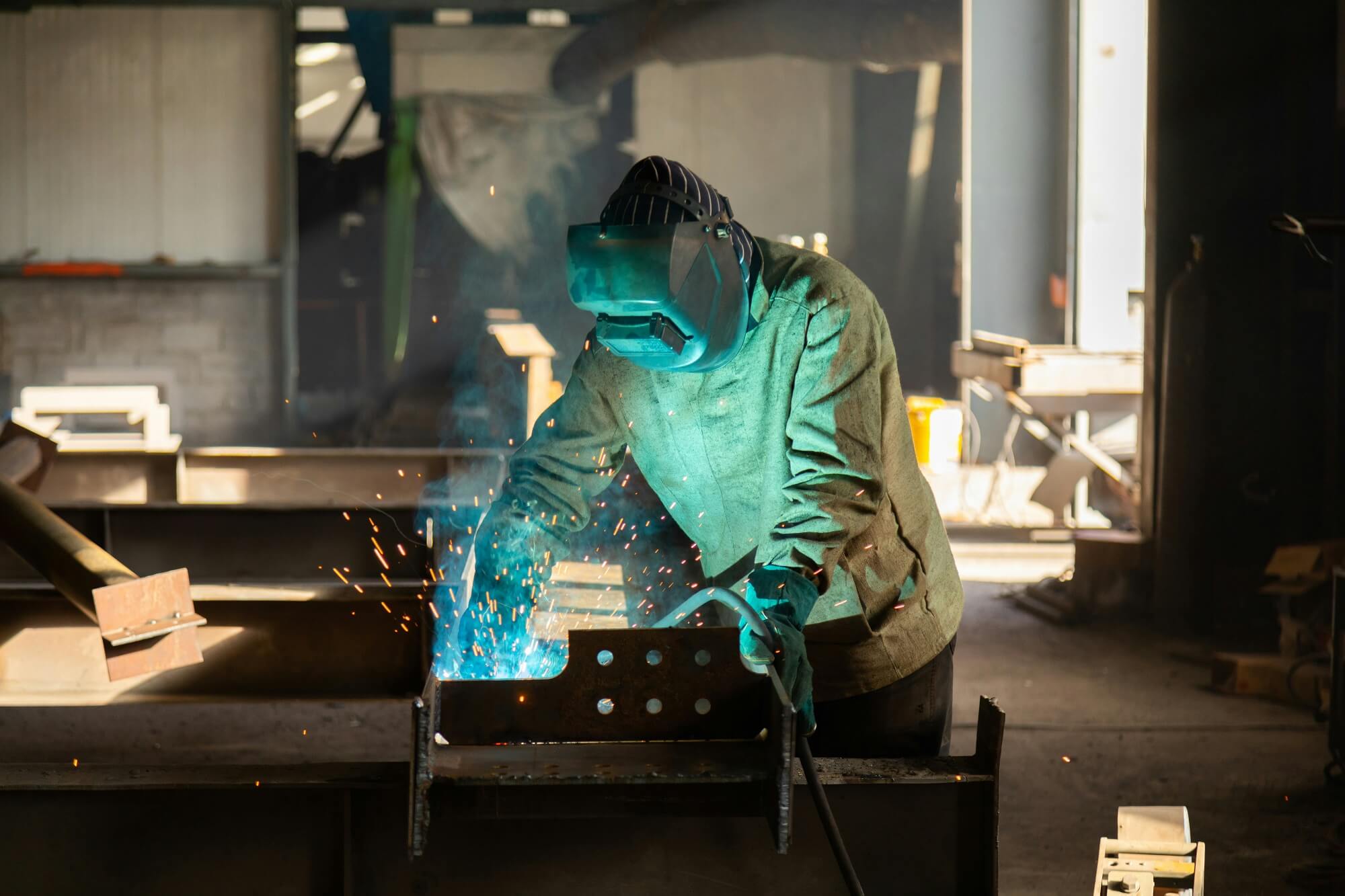

Jasmina Schnobrich-Cakelja
Association Industry 4.0, Austria
The digital transformation in manufacturing such as integration of human-machine interfaces, collaborative robotics, IIoT, AI, big data, digital twins and much more not only entails a technological transformation, but also has a significant impact on work processes and job profiles on the shop floor. The question of how skills requirements will change due to ongoing digital transformation was explored at the workshop “Future Skills in Manufacturing” organized by the Austrian Platform Industry 4.0 as part of the EU Bridges 5.0 project on 21st of March 2024. Thirty participants of the platform network representing various stakeholders discussed with their different perspectives the changing skills requirements for employees on the shop floor based on specific professions.
At the beginning Wolfram Rhomberg, AIT, presented the results of the European Manufacturing Survey (EMS). Since 2001, the EMS has been organised by a consortium of research institutes and universities from several European and non-European countries. The survey analyses the use of process innovations and the resulting improvements in performance in manufacturing. Fifty per cent of large companies and twenty per cent of SMEs are characterised by a high level of digital process depth, and it is precisely this proportion of companies that also rely on a wide range of further training measures. There are no major differences between large companies and SMEs with a high level of digital process maturity.
He was followed by Manuela Grasmugg, Magna Steyr Graz, who presented the internal Magna project on New Work in Manufacturing (“Personas in Manufacturing”). To illustrate the changes on the shop floor and the resulting challenges for employees, Magna identified eleven job profiles and developed visions for the future. The decisive factors for the project were the rapid development of technology, digital transformation, a prevailing shortage of skilled labour and, finally, maintaining the attractiveness of the location. The results of the profiles developed serve as the basis for establishing upskilling measures for employees. They are to be adapted and adjusted on an ongoing basis and extended to other locations.
In the workshop discussions, a closer look was taken at the professions of maintenance, machine operation and logistics. Software development, systems engineering and data management were discussed as well. Common to all of them were the increasing requirements in the areas of digital skills, basic IT knowledge, handling and interpreting of data, responsibility for a broader range of tasks, process knowledge, working in a team, communication skills and social skills. The aim of the workshop was to discuss future skills requirements from different perspectives with companies, administration, stakeholders, and social partners and to work out the changes in a practical way using specific industrial job profiles.
Finally, the EU project Bridges 5.0 was presented, a venture dedicated to Industry 5.0 and underscored by principles of sustainability, human-centricity, and resilience. The project analyses the resulting effects on the labour market and which skills employees will need in the future. At the Smart Production Lab in Kapfenberg, FH Joanneum and the Austrian Platform Industry 4.0 are investigating how digital assistance systems can contribute to upgrading jobs in production (blue-collar workers) and which skills are required. The first deliverable of the Bridges 5.0 project includes the framework of Industry 5.0 and can be downloaded here.
Related articles
December 17, 2025







